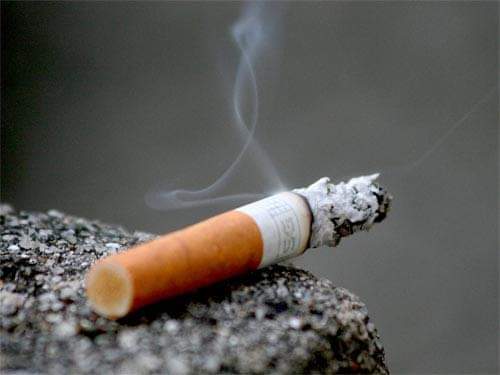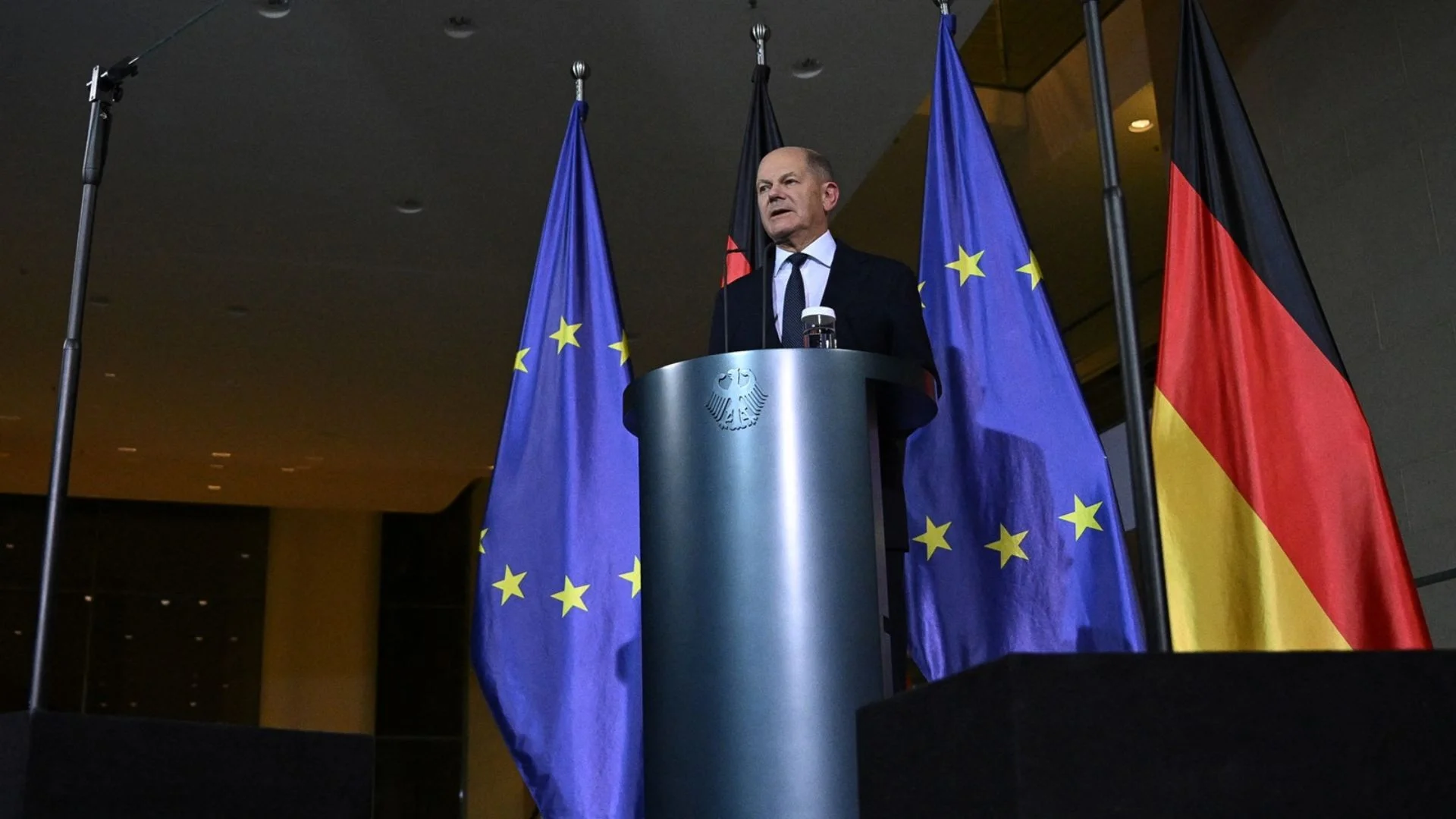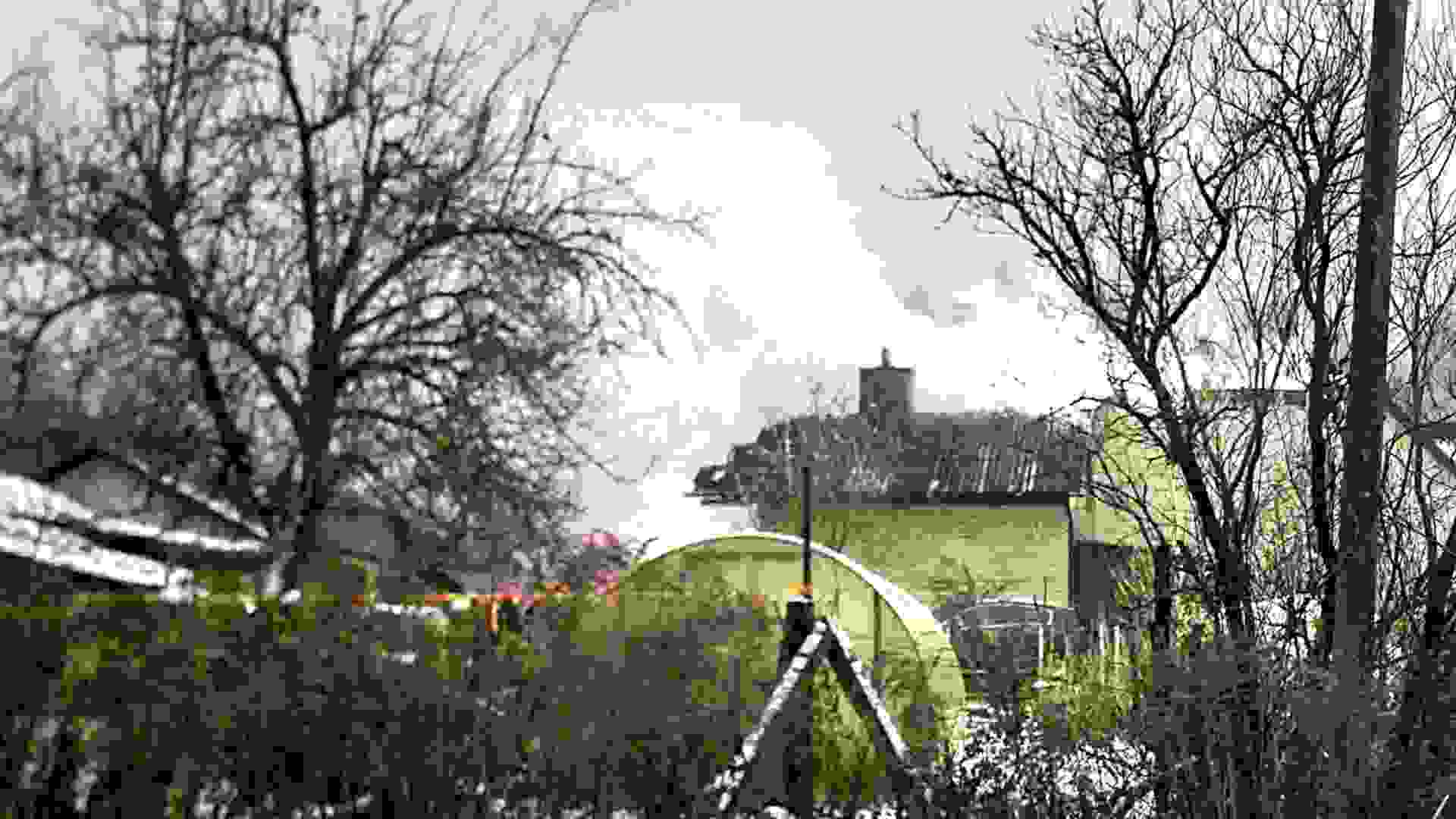
Summer is in the air, cigarette smoke is not, in Sweden’s outdoor bars and restaurants. As the World Health Organization marks “World No Tobacco Day” on Wednesday, Sweden, which has the lowest rate of smoking in the Europe Union, is close to declaring itself “smoke free” — defined as having fewer than 5% daily smokers in the population.
Many experts give credit to decades of anti-smoking campaigns and legislation, while others point to the prevalence of “snus,” a smokeless tobacco product that is banned elsewhere in the EU but is marketed in Sweden as an alternative to cigarettes. The risks of smoking appear well understood among health-conscious Swedes, including younger generations. Twenty years ago, almost 20% of the population were smokers — which was a low rate globally at the time.
France saw record drops in smoking rates from 2014 to 2019 but that success hit a plateau during the height of the COVID-19 pandemic — blamed in part for causing stresses that drove people to light up.
About one-third of people aged 18 to 75 in France professed to having smoked in 2021 — a slight increase on 2019. About a quarter smoke daily. Sweden has gone further than most to stamp out cigarettes, and says it’s resulted in a range of health benefits, including a relatively low rate of lung cancer.
“We were early in restricting smoking in public spaces, first in school playgrounds and after-school centers, and later in restaurants, outdoor cafes and public places such as bus stations,” said Ulrika Arched, secretary-general of the Swedish Cancer Society. The sight of people lighting up is becoming increasingly rare in the country of 10.5 million.
On Tuesday night, the terraces of Stockholm were full of people enjoying food and drinks in the late-setting sun. There was no sign of cigarettes, but cans of snus could be spotted on some tables. Between beers, some patrons stuffed small pouches of the moist tobacco under their upper lips. Swedish snus makers have long held up their product as a less harmful alternative to smoking and claim credit for the country’s declining smoking rates. But Swedish health authorities are reluctant to advise smokers to switch to snus, another highly addictive nicotine product.















